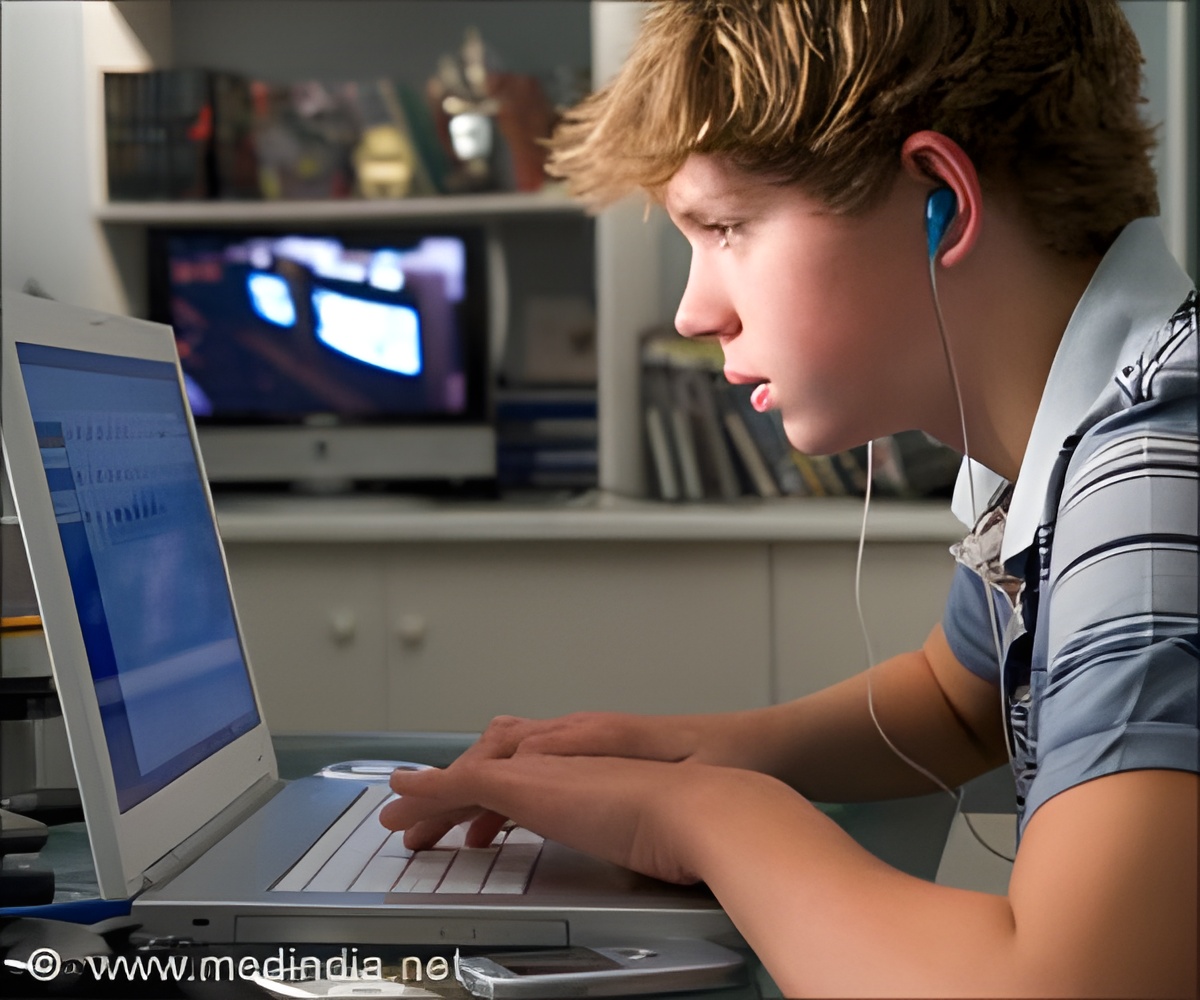Increased screen time can result in dry eyes and other eye problems. Regulation of total screen time in children is a necessity, while self regulation is important in adults.

How could excessive screen time affect a person? The main effect is on the eyes. While people stare at the screen with full concentration, they forget to blink regularly. Blinking causes the eyes to be coated with a thin film of tear, thus keeping it moist. Excessive screen time results in evaporation of the tear film and could therefore result in dry eyes. In fact, the survey found that more than half the individuals suffered from problems related to dry eyes. The eyes may also become inflamed. There is a possibility that smartphones could result in short sightedness.
Another problem posed by the screens is their interference with family life. The British survey found that people spend only around 13 hours of quality time with their family each week and slightly less than six hours walking outside. Thus, screens have intruded into the personal lives of individuals and may also affect their fitness and health. Sitting in front of the computer or TV screen can increase the chances of back problems and predispose to obesity.
Younger people are likely to spend more time in front of screens during their lifetime, and are therefore at a higher risk of suffering from eye-related and other problems. It is important to point out that a regular eye check would be necessary to detect eye problems early and prevent any long-term complications. Regulation of total screen time in children is a necessity, while self regulation is important in adults.
Source-Medindia








